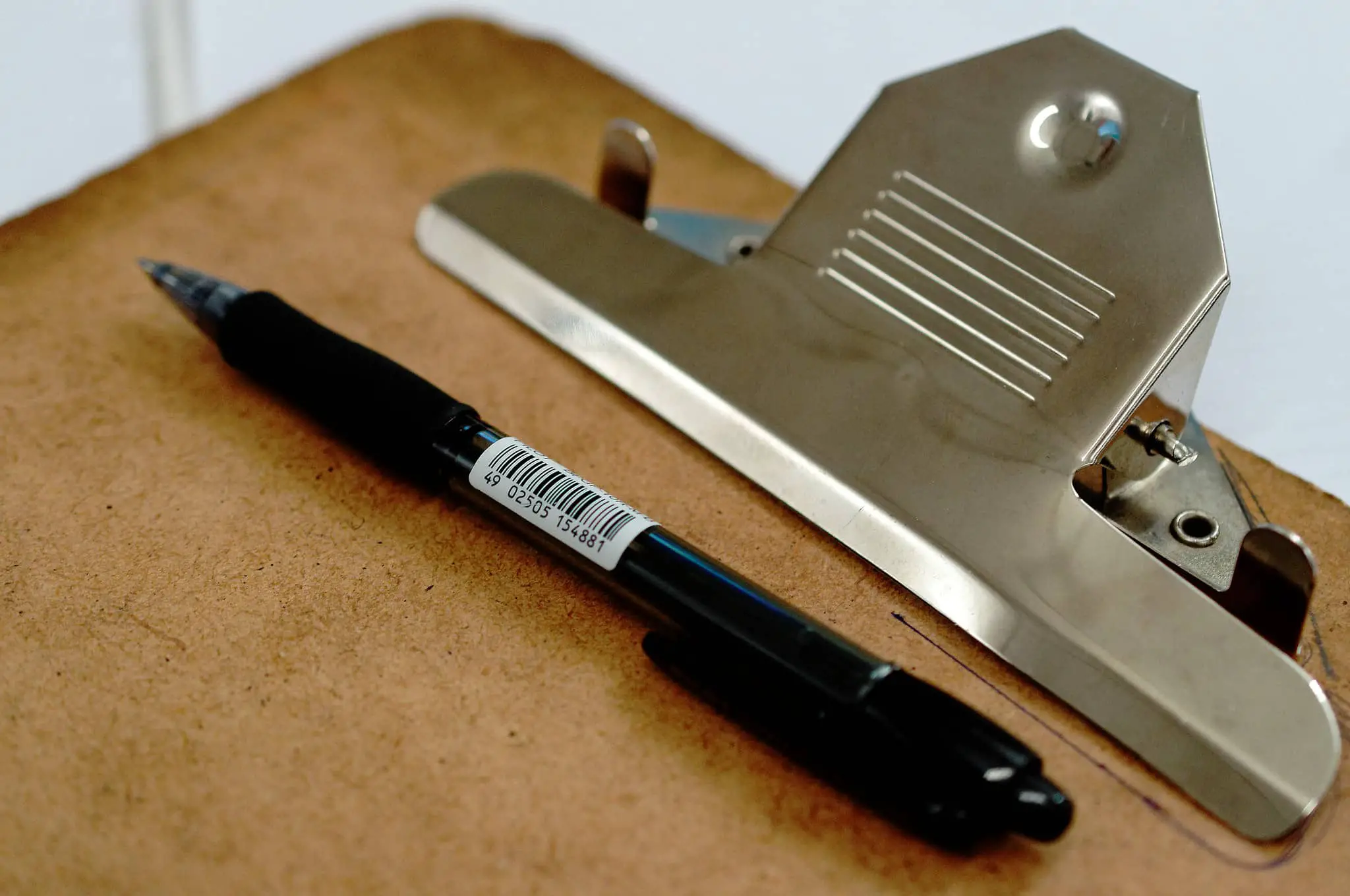In the first independent poll of its kind since the tragic passing of Headteacher Ruth Perry, national charity Parentkind has endeavoured to understand how parents, often cited as the main audience of Ofsted’s reports, feel about the role of Ofsted and the performance of school inspections in England.
Parentkind’s report (here) gives a detailed view of what parents really think about Ofsted, the school’s inspectorate for England.
Current system failing to deliver
Parents identified that whilst they value regular school inspections, the current system is clearly failing to deliver what they need as parents.
Parental views of the school inspection framework in England play a significant role in informing the outcomes of the ‘Beyond Ofsted Inquiry’, chaired by former schools minister Lord Jim Knight.
Findings from the poll
Essential findings include:
- More than six in ten parents (62 per cent) value having an inspection body assessing how well their child’s school is performing, versus just over one quarter (26 per cent) who disagree.
- Despite that, less than a quarter (24 per cent) agree that reports are useful to them as parents, where nearly six in ten (59 per cent) disagree. Similar proportions (25 per cent versus 61 per cent) agree and disagree that reports help them to understand a school’s strengths and weaknesses.
- Only 16 per cent are satisfied by the single overall grade inspection model (which designates schools as ‘outstanding’, ‘good’, ‘requires improvement’ or ‘inadequate’), compared to 72 per cent who are dissatisfied. Almost half (49 per cent) indicated they are ‘very dissatisfied’).
- Almost two in five (39 per cent) don’t look at Ofsted reports at all when choosing a school for their child, compared to 38 per cent who do. An additional 17 per cent look at the overall grade without reading the rest of the report.
- Only 17 per cent of parents agree that Ofsted reports tell them the most important things they need to know about a school’s performance, against 71 per cent who disagree.
- 70 per cent of parents support the idea that schools should be inspected twice before a report is published, giving them a chance to resolve issues identified during an initial inspection. Less than 15 per cent disagree with this approach.
Important to be informed
This stark judgement of Ofsted comes despite the fact that most parents (86 per cent) agree that it’s important for parents to be informed about school inspections and have the opportunity to give their views.
Parents take safeguarding seriously and most wish to see more regular inspections on these issues. Yet 78 per cent of parents agree that safeguarding should be inspected separately and not form part of a school’s overall rating, with schools failing on safeguarding required to resolve issues within a fixed time-period.
Only 25 per cent of parents agree with the current approach that can lead to otherwise well-run schools being rated ‘inadequate’ over a safeguarding concern, even though they will now be re-inspected within three months.
Knight: A single word judgement can hide many important findings
Lord Jim Knight, Chair of the Beyond Ofsted inquiry, said,
“I am very grateful to Parentkind for this insightful survey. In Ofsted’s own terms they appear to view our school inspection system as inadequate.
“However, such a single word judgement would hide many important findings.
“Parents value inspection for its insights into their child’s school but want better, especially on safeguarding. The Beyond Ofsted inquiry will reflect on all the findings as we come to our conclusions.”
Elsom: Parents feel the system needs overhauling
Reflecting on the findings, Parentkind’s Chief Executive, Jason Elsom, says,
“Many parents would have previously received the results of their children’s school inspection without fully understanding what occurred during the inspection, or what the results really meant for their child. Some might consider moving their child to another school, or not choosing a particular school for their child, whilst in some circumstances, a negative report might lead to a deterioration in the relationship between school and home.
“So we should ask: what is the purpose of publicly publishing the results of a school inspection, without the information or support to help parents decide whether or not they need to take life-changing action of moving their child to another school?
“It’s very probable that the school inspection system we have encourages those who have the agency to move their child to, or even their home to the catchment area of an ‘Outstanding’ school, and that this leads to the compounding of issues within schools deemed to be performing less well.
“Most significantly, and I have seen this happen during my teaching career, this can be to the detriment of those children whose parents lack the capacity afforded to wealthier or more mobile of parents. It could be said that the current school inspection system leads to immeasurable damage for poorer families and the life-chances of children born into disadvantage, and more broadly to significant social cost.
“Parents are demonstrably aware of the negative impact of inspections on school staff, and the considerable distress caused by any grade less than ‘good’. When asked to comment freely, more parents said that Ofsted inspections should be collaborative or supportive, or that the system needs overhauling, than anything else.
“The evidence clearly shows that parents want a school inspectorate system holding schools to account, but they want it adapted to better suit their needs and to be more supportive of schools and their staff. Policymakers can see this reflected in the research we have undertaken, and Parentkind will continue to present parents’ views on Ofsted to the Beyond Ofsted inquiry and to education decision-makers more widely.”
See details of the Poll in full on the Parentkind Website.
News shared by Greg on behalf of Parentkind. Ed





